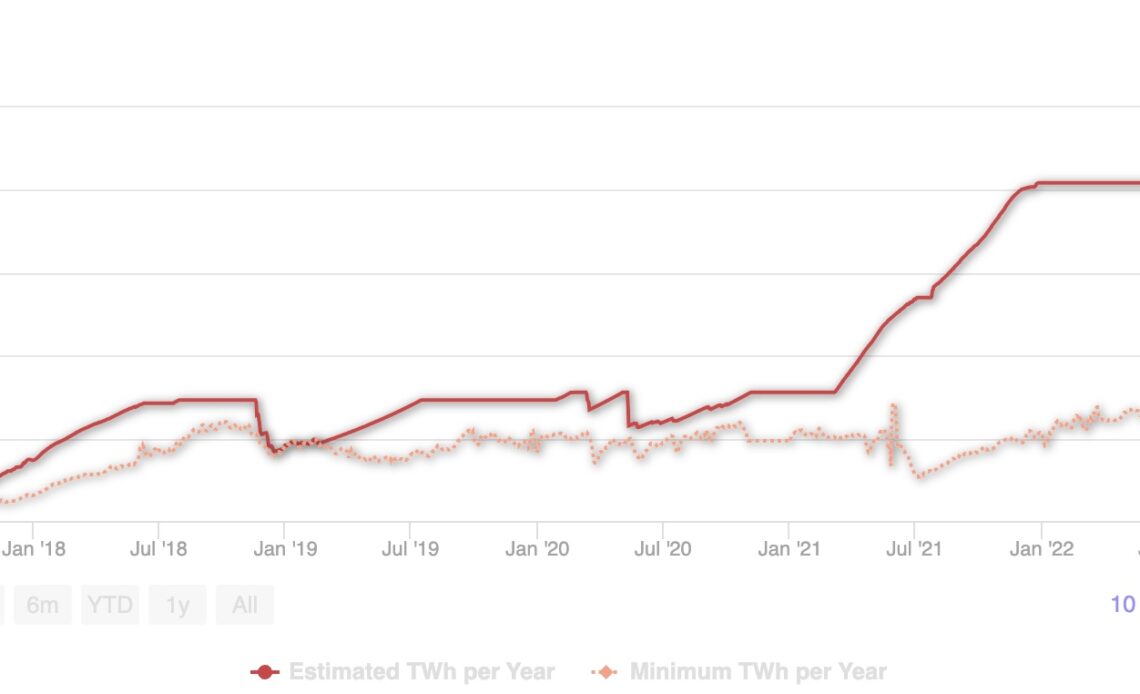Bitcoin (BTC) mining’s environmental impact has always been a controversial topic. On the one hand, critics emphasize that securing the Bitcoin network takes more power than some whole countries’ annual electricity consumption. On the other hand, much of the crypto community argues that it is a necessary activity that has enabled the Bitcoin blockchain to remain extremely resilient against external attacks with an almost 99.99% uptime throughout over 14 years of its history.
However, recent developments in the market have provided an opportunity for participants to make Bitcoin mining finally sustainable.
Bitcoin mining doesn’t deserve its bad reputation
Before going over the benefits themselves, it’s essential to first get some facts straight about Bitcoin mining. With comparisons to nations’ energy consumption and estimates that a single BTC transaction has a carbon footprint of nearly 820,000 Visa transactions, it should be highlighted that this activity doesn’t actually produce any emissions.
Instead, this “dirty work” is done by the power plants that supply the electricity to the mining rigs. Similarly to households or other business entities, miners only use the electrical infrastructure that exists in any given location.
Ever since Tesla stopped accepting Bitcoin payments in May 2021, citing environmental concerns, many have jumped on the bandwagon to criticize the blockchain network’s energy consumption. However, while it is important to address Bitcoin mining’s high electricity usage, it should not be done in a vacuum, as it is not the only power-hungry industry out there.
Related: Bitcoin ETFs: Even worse for crypto than central exchanges
According to the Bitcoin Mining Council, BTC mining consumes only a fraction of the energy required to power industries, such as construction (3.77%), finance and insurance (4.45%), shipping (5.41%) and aviation (5.43%). It even takes nearly 2.6 times the electricity to mine gold than to secure the Bitcoin network. And that’s without even discussing the disposal of electronic devices, as well as the agriculture and livestock industries, which are among those with the most significant environmental footprints.
Considering the above, it seems unfair to point out Bitcoin mining’s high electricity usage without mentioning how much power other industries consume each day.
Mining is becoming an increasingly…
Click Here to Read the Full Original Article at Cointelegraph.com News…
